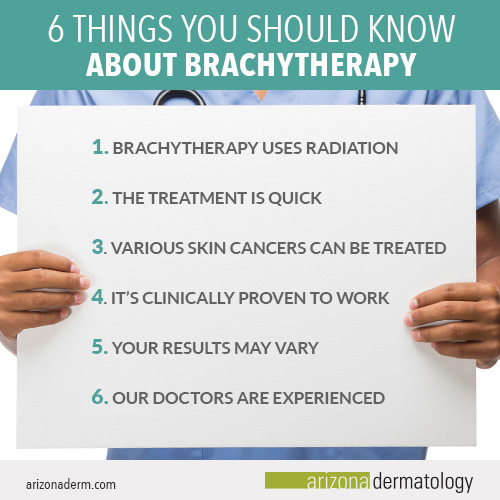Comparing Prescription And OTC Acne Treatments: Which Is Much Better?
Comparing Prescription And OTC Acne Treatments: Which Is Much Better?
Blog Article
Posted By-Hammer Sandoval
Did you know that virtually 85% of individuals experience acne at some point in their lives? When you're confronted with this usual skin concern, determining between prescription and over-the-counter (OTC) therapies can be tricky. Each choice has its very own collection of benefits and downsides, which can significantly affect your skin's wellness. So, just how do you figure out which treatment straightens best with your needs? Understanding the vital distinctions and what they imply for your distinct scenario might simply hold the response.
Secret Differences Between Treatments
When it comes to acne treatments, understanding the key distinctions can make a substantial impact on your skin's health.
You'll locate 2 main categories: non-prescription (OTC) and prescription therapies. OTC options, such as benzoyl peroxide and salicylic acid, are readily offered and tend to be less extensive. They often function by unclogging pores and lowering inflammation, making them suitable for mild to modest acne.
On the other hand, prescription treatments generally have stronger energetic ingredients, like retinoids or prescription antibiotics, and are tailored for extra extreme situations. These treatments commonly call for a skin specialist's advice, allowing them to target particular skin worries properly.
The strength and formula of prescription alternatives can result in quicker results but might additionally feature a greater threat of adverse effects.
You need to also consider your skin type and any type of level of sensitivities when picking a treatment. For example, if you have sensitive skin, OTC treatments may be a gentler starting point.
Inevitably, knowing these differences aids you make informed choices regarding your acne therapy journey and leads you towards clearer skin.
Pros and Cons of Prescription Alternatives
Prescription choices for acne therapy included both benefits and drawbacks that you must consider thoroughly.
One significant pro is their effectiveness. Prescription drugs typically have greater focus of active components, which can lead to faster and much more efficient outcomes compared to non-prescription (OTC) items. You might likewise discover that prescriptions are tailored to your particular skin type and acne intensity, providing a much more tailored method.
On the other side, these treatments can feature significant downsides. For one, they might have side effects varying from light irritability to a lot more significant problems, which you require to monitor closely.
Furthermore, prescription therapies can be much more pricey, especially if your insurance doesn't cover them. You may likewise deal with obstacles in getting a prescription, as it requires a browse through to a doctor, which can be taxing and bothersome.
Advantages of OTC Therapies
OTC treatments typically provide a hassle-free and obtainable option for handling acne. You can quickly discover these items in drug stores, grocery stores, or online, making them conveniently offered over the counter. This access indicates you can start your acne treatment whenever you need to, without awaiting a doctor's visit.
https://pagesix.com/2021/01/06/is-the-weeknds-faux-plastic-surgery-a-dig-at-ex-bella-hadid/ of OTC therapies is their price. https://stress-relief68759.blogrenanda.com/38927123/understanding-acne-treatment-just-how-to-pick-the-right-method-for-you over the counter choices are affordable, allowing you to explore various formulas without breaking the financial institution. You can attempt various items to see what works best for your skin kind.
OTC therapies also can be found in a range of formulations, consisting of gels, creams, and washes. This selection allows you to pick an item that fits your way of life and preferences. https://riverjgtdm.blognody.com/33803101/revamping-your-diet-regimen-could-be-the-secret-to-clearer-skin-uncover-which-foods-can-assist-and-which-to-prevent-for-better-acne-monitoring include energetic ingredients like benzoyl peroxide or salicylic acid, which work in dealing with acne.
Last but not least, you have the flexibility to readjust your regimen based on your skin's action. If one item isn't working, you can conveniently change to an additional without a lengthy appointment procedure. This flexibility empowers you to take control of your acne management journey.
Conclusion
In the end, selecting in between prescription and OTC acne treatments really comes down to your distinct skin needs and scenarios. While prescriptions could feel like the gold ticket for quick outcomes, OTC options offer a more accessible course, allowing you take control of your skin care journey. Embrace the adaptability of OTC products or consider the customized approach of prescriptions-- either way, you're taking a positive action in the direction of more clear skin and boosting your self-confidence along the road.
